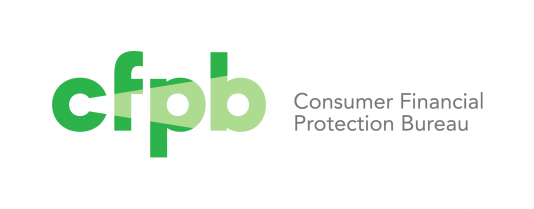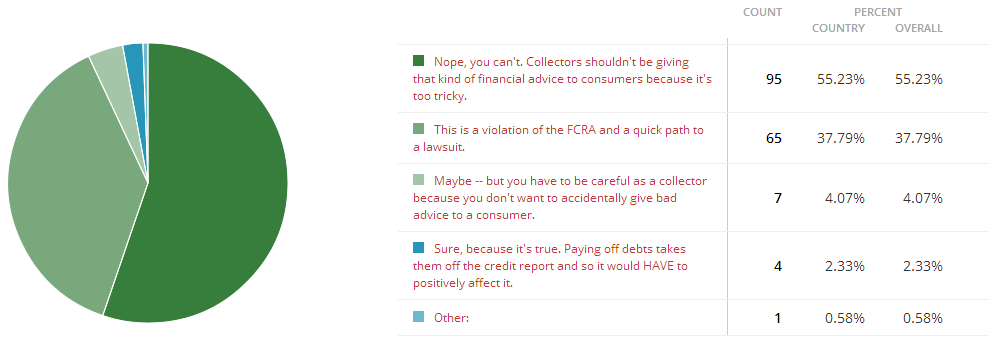
A jurist praised by The New York Times for his administration of credit card debt collection cases was recently the subject of a harsh rebuke from a New York appellate court for the same judicial practices.
Over the past few years, Brooklyn Judge Noach Dear has been outspoken in his criticism of debt collection litigation, suggesting in one New York Times article that “roughly 90 percent of the credit card lawsuits are flawed and [creditor’s] can’t prove the person owes the debt.”
But Judge Dear is also known to have refused admission of business records offered by creditors, characterizing their custodians as offering “robo-testimony.” [See American Express Bank, FSB v Zweigenhaft, 38 Misc. 3d 1218(A) (N.Y. Civ. Ct. 2013) and Chase Bank USA, N.A. v Gergis, 31 Misc. 3d 1241(A) (N.Y. Civ. Ct. 2011)]
Based solely on the observations of Judge Dear, a 2012 New York Times editorial concluded “many of the [debt collection] suits rely on erroneous documents, faulty records and boilerplate testimony.” It appears, as no surprise, that not all New York courts agree with Judge Dear’s and The New York Times’ assessments of debt collection litigation.
The ruling at issue concerned a judgment entered pursuant to the agreed terms of a stipulated order. The terms of the stipulated order allowed the creditor plaintiff to obtain judgment if the defendant failed to make the agreed upon payments. The stipulated order was entered by Judge Dear himself. The defendant made only one payment and the creditor had judgment entered. The defendant debtor moved to vacate the judgment, admitting that she had broken her payment promise. Judge Dear vacated the judgment and the creditor appealed.
Describing Judge Dear as having “grossly abused his discretion,” New York’s Second Judicial Department Appellate Term found that Dear had “inexplicably granted the defendant’s motion.” The appellate court went on with this observation of the judge’s handling of debt collection litigation:
We further note that the ability to manage a court calendar is severely hampered and there will be no expectation of enforcement by a party if stipulations of settlements or judgments are so lightly cast aside. Moreover, such decisions, which require litigants to go through the process of continually appealing decisions setting aside stipulations without adequate grounds, create a situation where such litigants feel they are being wholesale denied access to the courts. This continuous expense to re-litigate issues which were resolved has a chilling effect upon the integrity of the litigation process.
In a 2012 opinion piece entitled “Noach Dear’s Twilight Zone,” the New York Post presented a very different analysis of the judge’s handling of debt collection litigation, concluding:
Dear is ignoring evidence and tossing cases — doing real injustice — without even a genuflection to the facts. Which is worse than robo-signing.
That an appellate court has since found that Judge Dear’s handling of debt collection cases has a “chilling effect upon the integrity of the litigation process” and is a gross abuse of his discretion, should serve as a cautionary tale for more careful analysis in the editorial process.
This post originally appeared on the Consumer Financial Services Blog, run by ARM defense firm Maurice & Needleman.
Appellate Court Has Harsh Words for Activist Judge in Debt Collection Case
http://www.insidearm.com/daily/credit-card-accounts-receivable/credit-card-receivables/appellate-court-has-harsh-words-for-activist-judge-in-debt-collection-case/
http://www.insidearm.com/feed
insideARM

















